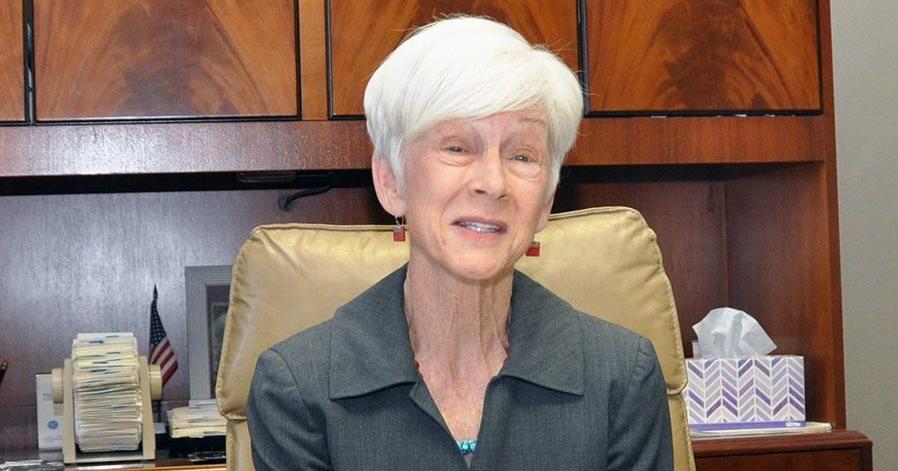
Thirty Years Ago This Week: “We must act now to pre-empt!” Gully Sanford, outgoing chairman of the Colorado Alliance for Arts Education, warned at CAAE’s annual meeting at the Denver Civic Theatre. Sanford was speaking to the threat of coming state legislation that would be unfavorable to the arts.
State Sen. Al Meikeljohn, R-Arvada, chairman of the Senate Education Committee and the Commission on Achievement in Education, had said he would bring a bill to make the teaching of art and music optional in Colorado school districts.
Sanford distributed copies of Meikeljohn’s proposed bill to CAAE membership. The bill text said that school districts could offer so-called “second priority” subjects — including art, music, physical education, foreign languages, and civics — but only if the classes already existed.
In the previous session, House Bill 94-1313 had required schools to set standards in two priority areas, and under Meikeljohn’s new bill this second area would be optional.
Charles Cassio, arts coordinator for dance, music, theatre and visual arts for the Colorado Department of Education, decried Meikeljohn’s proposed bill and said that he’d “rather the standards bill didn’t have priorities at all, but making the second one optional would send … a subliminal message that arts aren’t important.”
Sanford lauded the achievements the arts community had made in 1994. It was “an amazing coalition” including CAAE and the Denver Center for the Performing Arts, that was the reason arts education was included in the standards bill.
Sanford also praised the coalition for the unanimous passage of a resolution praising the arts by Rep. Moe Keller, D-Lakewood.
“For the first time,” Cassio said, “art is on the table.”
A regional representative for the U.S. Department of Education, Lynn Simons, said that the Republican takeover of the U.S. House and Senate had her worried, but noted the major education bills all had overwhelming bipartisan support and believed this was possible in Colorado.
Fran Holden, executive director of the Colorado Council on the Arts, praised the activism of the arts community and pledged to “promote the role of the arts in educating all of Colorado’s children.”
Twenty Years Ago: The Colorado Bankers Association made an unprecedented move in commenting on a non-banking matter, which they argued had significant impact on the Colorado economy — the Taxpayer’s Bill of Rights, or TABOR.
CBA sent a letter to state legislators, urging them to slow and reverse what the organization saw as an escalating fiscal crisis brought on by a “constitutional straitjacket of restrictions and mandates.”
Dan Childears, CBA’s president and CEO, wrote in a guest column to The Colorado Statesman that he felt so strongly about the necessary reforms that it was his organization’s “number one priority in the 2005 legislature.”
“Amdendment 23’s constitutionally mandated K-12 education outlays are increasing faster than TABOR’s expenditure limit,” Childears wrote. “We believe moderate changes are necessary to restore fiscal flexibility so the legislature can actually make prudent spending decisions.”
While the CBA didn’t propose to have all the answers to fix the crisis, Childears said it was obvious that annual “stopgap measures” were no longer adequate and that CBA members across the state saw daily “damage to education, transportation and economic viability—as businesses and jobs go elsewhere, where they get these fundamentals.”
“We would never lend to a family or business that operated like TABOR and Amendment 23 dictate,” Childears wrote, “limited, and often reduced … income in excess of those limits refunded … forcing all other costs to be covered by fewer and fewer expenses. This is no way to run a household, a business or a government.”
Rachael Wright is the author of several novels including The Twins of Strathnaver, with degrees in Political Science and History from Colorado Mesa University, and is a contributing writer to Colorado Politics and The Colorado Springs Gazette.
